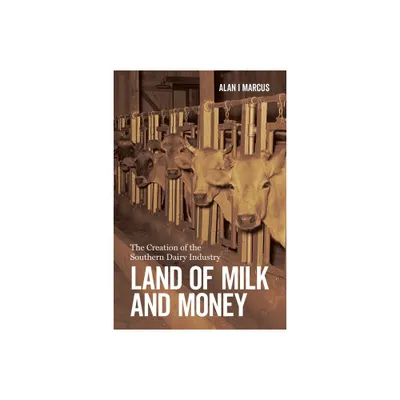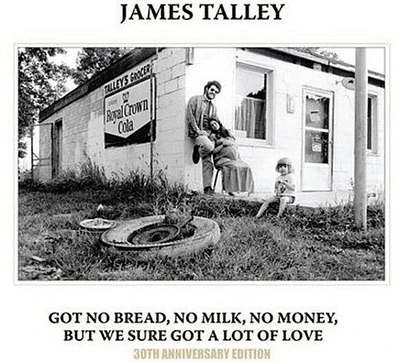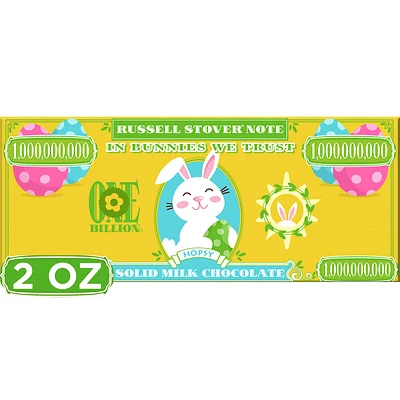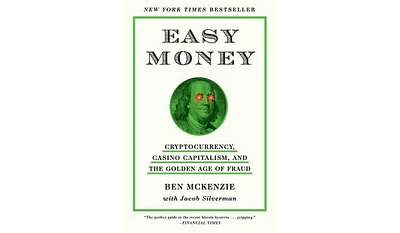Home
Milk Money [LP]
Loading Inventory...
Barnes and Noble
Milk Money [LP]
Current price: $11.99
![Milk Money [LP]](https://prodimage.images-bn.com/pimages/0643157427100_p0_v2_s600x595.jpg)
![Milk Money [LP]](https://prodimage.images-bn.com/pimages/0643157427100_p0_v2_s600x595.jpg)
Barnes and Noble
Milk Money [LP]
Current price: $11.99
Loading Inventory...
Size: CD
*Product Information may vary - to confirm product availability, pricing, and additional information please contact Barnes and Noble
Sound alchemist
Dosh
's albums are generally seamless constructions of fluidly moving swatches of unexpectedly complementary sounds, with frenetic drumming stitched into the lining of beds of playful synths and surprisingly catchy melodies that teeter between quirky and sublime. Keen on collaboration,
often brings other players and vocalists into his webs of sound, extracting the best of what they have to offer to dot his clever tracks with different perspectives. With
Milk Money
,
's process seems particularly in focus, and though he can typically get a little busy, there's a new sense of calm at the core of these tunes. Opening with "We Are the Worst,"
seems built primarily on a foundation of colorful keyboard sounds, making room for passages of clattering drums and chopped up vocal samples. Throughout the album, the compositions have a driving sense of wonder, like the most optimistic
Phillip Glass
pieces; they're even more in line with the child-like wonderment of
Nobukazu Takemura
. The chiming bell sounds and swooning electronic pads of "Kisses" are propelled by a sturdy beat, finding a territory of happy, hazy nostalgic memories not unlike the best work of contemporaries like
Shigeto
or
Four Tet
. The most curious piece on the album and one of its most successful, is the 25- minute album closer "Legos (For Terry)." This epic closing note was originally commissioned for a live performance with
Wilco
's
Glenn Kotche
, and the recorded form wanders in slow motion from a spare electric piano form into a myriad of musical spaces and emotional landscapes. Low in the mix, sputtering multi-tracked drums meet up with more choral vocal fragments, eventually growing into a nightmarish ambient blur on par with
Tim Hecker
's fluttering darkness before riding the waves of distortion into a patient repetition of marimba, processed vocals, and swirling electronics. By the end, the dizzying and beautiful piece expresses the fury and unpredictability of life while maintaining a zen-like calm at its core, finding clarity just as easily as it rises to chaos. ~ Fred Thomas
Dosh
's albums are generally seamless constructions of fluidly moving swatches of unexpectedly complementary sounds, with frenetic drumming stitched into the lining of beds of playful synths and surprisingly catchy melodies that teeter between quirky and sublime. Keen on collaboration,
often brings other players and vocalists into his webs of sound, extracting the best of what they have to offer to dot his clever tracks with different perspectives. With
Milk Money
,
's process seems particularly in focus, and though he can typically get a little busy, there's a new sense of calm at the core of these tunes. Opening with "We Are the Worst,"
seems built primarily on a foundation of colorful keyboard sounds, making room for passages of clattering drums and chopped up vocal samples. Throughout the album, the compositions have a driving sense of wonder, like the most optimistic
Phillip Glass
pieces; they're even more in line with the child-like wonderment of
Nobukazu Takemura
. The chiming bell sounds and swooning electronic pads of "Kisses" are propelled by a sturdy beat, finding a territory of happy, hazy nostalgic memories not unlike the best work of contemporaries like
Shigeto
or
Four Tet
. The most curious piece on the album and one of its most successful, is the 25- minute album closer "Legos (For Terry)." This epic closing note was originally commissioned for a live performance with
Wilco
's
Glenn Kotche
, and the recorded form wanders in slow motion from a spare electric piano form into a myriad of musical spaces and emotional landscapes. Low in the mix, sputtering multi-tracked drums meet up with more choral vocal fragments, eventually growing into a nightmarish ambient blur on par with
Tim Hecker
's fluttering darkness before riding the waves of distortion into a patient repetition of marimba, processed vocals, and swirling electronics. By the end, the dizzying and beautiful piece expresses the fury and unpredictability of life while maintaining a zen-like calm at its core, finding clarity just as easily as it rises to chaos. ~ Fred Thomas



![Reckoning [Cobalt Blue 2 LP] [Barnes & Noble Exclusive]](https://prodimage.images-bn.com/pimages/0081227819637_p0_v4_s600x595.jpg)
![Greatest Hits [Gold Splatter 2 LP] [Barnes & Noble Exclusive]](https://prodimage.images-bn.com/pimages/0602465982282_p0_v1_s600x595.jpg)
![Stones in the Road [Tiger's Eye 2 LP] [Barnes & Noble Exclusive]](https://prodimage.images-bn.com/pimages/0198028363211_p0_v1_s600x595.jpg)
![Seal [1994] [Milky Clear Vinyl 2 LP] [Barnes & Noble Exclusive]](https://prodimage.images-bn.com/pimages/0081227815493_p0_v5_s600x595.jpg)

![Memoir of a Sparklemuffin [Blood Moon Red 2 LP] [Barnes & Noble Exclusive]](https://prodimage.images-bn.com/pimages/0098787166200_p0_v2_s600x595.jpg)
![Mm..Food [20th Anniversary] [Mustard Color 2 LP] [Barnes & Noble Exclusive]](https://prodimage.images-bn.com/pimages/0826257040923_p0_v2_s600x595.jpg)

![No No No [LP]](https://prodimage.images-bn.com/pimages/0652637352511_p0_v1_s600x595.jpg)






